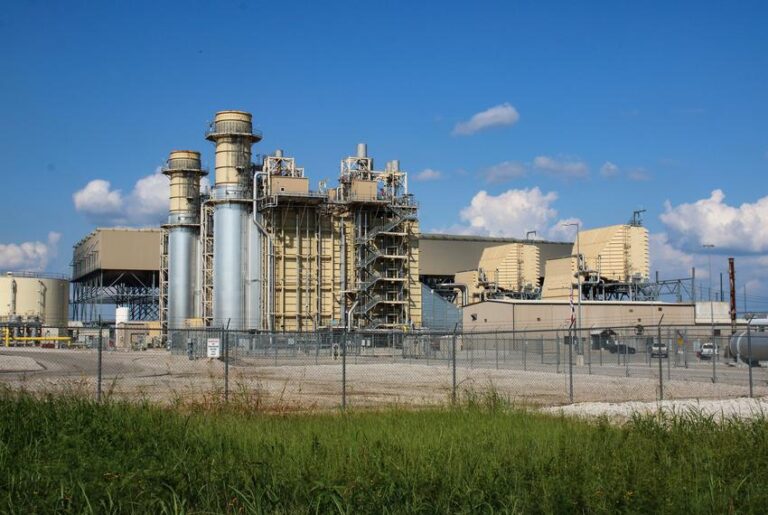In Windom, Minnesota, a proposed crypto mining facility by Colorado-based Revolve Labs has sparked significant local controversy. Residents are expressing strong opposition due to concerns about noise pollution and the impact on their small town. The facility, which aims to employ three to five people and generate $35,000 a month in service fees, has raised skepticism among locals who attended a recent public hearing. The company, previously known as Bit49, operates a similar facility in Glencoe, where it has faced complaints about excessive noise.
Crypto mining involves the use of powerful computers to solve complex algorithms and produce digital currencies like Bitcoin. These operations run 24/7, generating substantial noise from cooling fans. In Glencoe, the noise levels were reported to be similar to that of a gasoline-powered lawnmower, leading to significant community complaints. Revolve Labs claims to have implemented noise-reduction measures there, but local residents are wary of potential issues in Windom.
Jeff St. Onge, senior operations manager at Revolve Labs, addressed concerns by outlining plans for noise mitigation at the new site. The company intends to build 12-foot-tall berms and install an alarm system to monitor noise levels. Despite these assurances, many Windom residents remain unconvinced. They worry about the potential impact on their quiet lifestyle and home values.
The public hearing, which saw around 100 attendees, revealed a strong community sentiment against the project. Critics argue that the noise and potential disruption could change the character of their peaceful town. The volume of discontent was so high that it even drowned out parts of the discussion during the meeting.
As the debate continues, there is a recommendation for a moratorium on new crypto mining permits until a comprehensive environmental impact study is completed. This could delay the project’s commencement until next year, leaving the future of the proposed facility uncertain. Residents like Hilary Mathis are concerned that even if the environmental assessment is completed, the project might still proceed, given the lack of existing regulations for such new industries.
For crypto traders and industry professionals, this situation highlights the growing friction between the expanding crypto sector and local communities. It underscores the importance of considering environmental and social impacts when planning new facilities, and it serves as a reminder of the challenges that can arise when introducing high-tech operations into small, close-knit towns.



